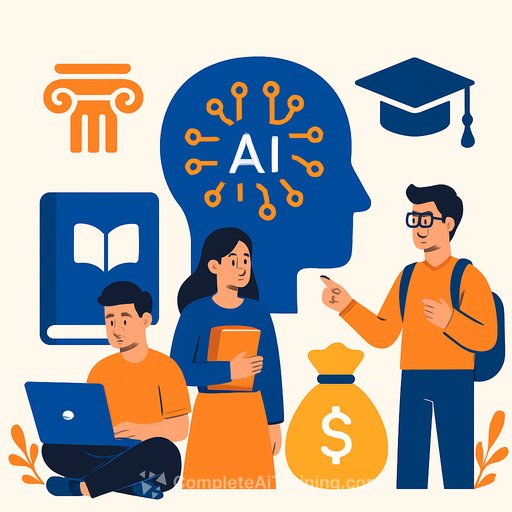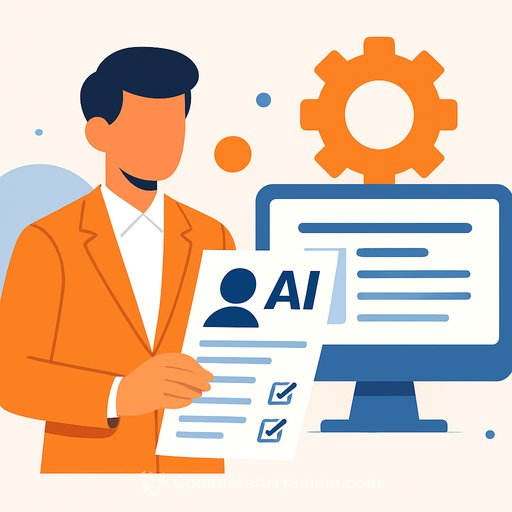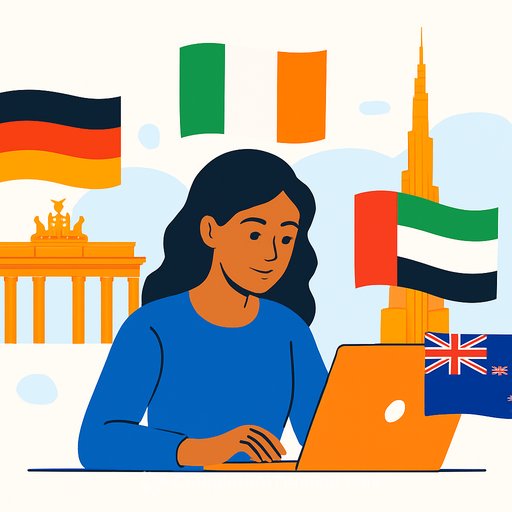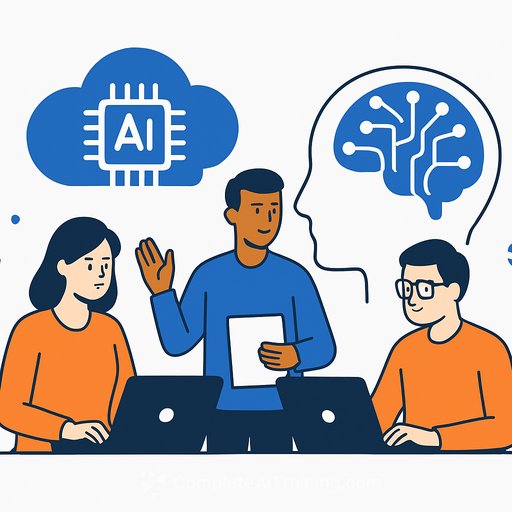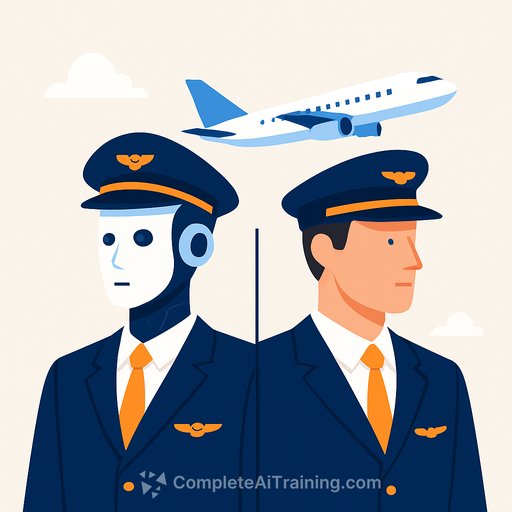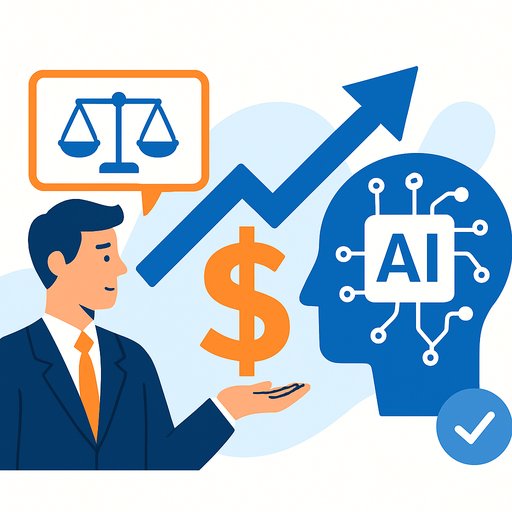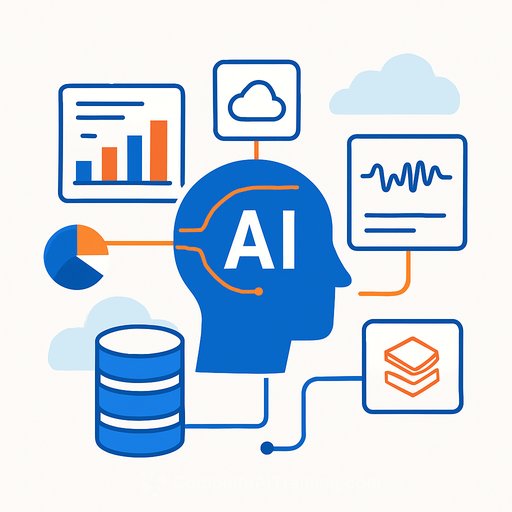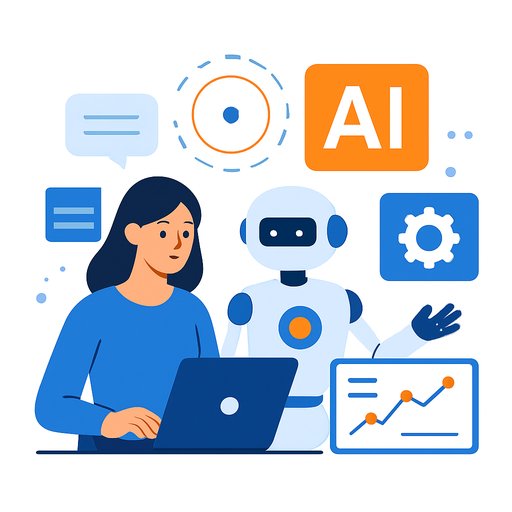From Arts to Commerce: Why AI Is Every Student’s Future
Students finishing class 12 often think AI is mainly for IT jobs. The truth is AI’s reach goes far beyond technology fields. It’s influencing arts, humanities, and commerce sectors too, opening new paths for all students.
How Can Humanities and Commerce Students Incorporate AI in Their Learning?
The World Economic Forum’s ‘Future of Jobs 2025’ report highlights security management, AI and machine learning, and Big Data as some of the fastest-growing job areas. With 96% of Indian organizations implementing AI programs, the demand for AI skills is surging.
Prof. Mahadeo Jaiswal, Director of IIM Sambalpur, stresses that AI is a must-know tool for every student. He encourages students from all academic backgrounds to get comfortable with AI tools like ChatGPT and prompt engineering. This knowledge not only improves learning but also boosts career prospects.
Prof. Mrunal Chavda from IIM Raipur adds that AI literacy, prompt engineering, data ethics, and domain-specific AI applications should be part of curricula for humanities and commerce students. These skills empower students to contribute to a human-centred and inclusive AI future, which is especially relevant for India’s diverse landscape.
Chavda also points out that AI demands more than technical know-how. Students need critical thinking, creativity, and social-emotional skills to design meaningful AI prompts and work effectively with digital tools.
Mihir Parekh, an MBA student at BITSoM, highlights the benefits AI offers to non-technical students. He suggests universities encourage the use of AI tools like Perplexity and Claude through subscriptions or curriculum integration. While coding expertise isn’t mandatory, understanding AI prompt engineering helps students communicate better with technical teams and make the most of tools such as Cursor and Vercel.
Critical Thinking and Creativity Remain Irreplaceable
Reena Cheruvalath, Professor at BITS Pilani, explains that humanities and social sciences students should be active, discerning users of AI rather than passive consumers. Programming alone isn’t enough; they need data literacy, logical reasoning, ethical awareness, and critical thinking to properly evaluate AI outputs and its societal impact.
She stresses the value of digital creativity and collaboration with technology experts to address social challenges like poverty, climate change, and mental health.
Anushna Mishra, an MBA student at BITSoM, says students must combine AI tools with their own judgment. Critical thinking and evaluation help ensure AI supports research and analysis without replacing essential analytical skills.
Pratyush Vidyarthi, PGDM student at BIMTECH, notes AI’s importance in commerce fields such as financial modeling, risk management, and market data analysis. AI tools aid in algorithmic trading, credit risk assessment, fraud detection, and predictive analytics, helping students make informed decisions.
The Shift in Career Focus
Prateek Shukla, CEO and Co-Founder of Masai, observes that while tech students learn coding languages, humanities, arts, and commerce graduates are discovering AI’s potential without needing to code. The focus is shifting toward AI literacy and deeper conceptual understanding, beyond just using tools.
He emphasizes the skill of creating AI-enhanced content that stays authentically human and building personal knowledge systems that make students experts in their fields. In an age overloaded with data, the ability to extract meaningful insights through domain expertise remains essential.
Why This Matters for Education and Management Professionals
- AI skills are no longer optional—they are vital across disciplines.
- Curriculum design should integrate AI literacy, ethics, and practical tool use for all students.
- Critical thinking and creativity must be fostered alongside AI fluency.
- Management professionals need to prepare students to collaborate effectively with AI and technical teams.
For those looking to support students or update educational programs, exploring specialized AI courses can be valuable. Platforms like Complete AI Training offer courses that cover prompt engineering, data analysis, and AI tools tailored to various fields.
Equipping students with these skills sets them up for success across arts, commerce, and humanities, not just traditional tech roles. It’s about helping them stay relevant and confident in a future where AI is part of every profession.
Your membership also unlocks:

